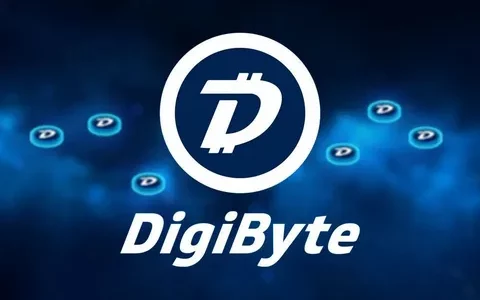In the exhilarating world of cryptocurrencies, Bitcoin (BTC) and Ethereum (ETH) reign as giants. Bitcoin, often dubbed the ‘digital gold,’ pioneered the crypto revolution. Ethereum, on the other hand, brought in the era of smart contracts and decentralized applications. As the owner of a crypto exchange, I’ve witnessed countless users aiming to diversify their portfolios by swapping BTC for ETH. If you’re a newbie to this scene, fear not. This guide is tailored just for you.
The Basics: Bitcoin and Ethereum
Before diving into the swap, it’s essential to have a basic understanding of what you’re trading.
Bitcoin (BTC): The first-ever cryptocurrency, Bitcoin operates on a decentralized peer-to-peer network. Its main allure is its limited supply, making it a deflationary asset.
Ethereum (ETH): While Ethereum operates on a decentralized platform, its primary use case extends beyond just a currency. It’s a platform for creating decentralized applications (DApps) powered by its native token, ETH.
Steps to Swapping BTC for ETH
1. Choose Your Exchange Wisely:
While there are many platforms to swap BTC to ETH, selecting one that’s both user-friendly and secure is essential. Look for reputable exchanges with good track records.
Personal Suggestion: Being in this industry, I always emphasize the significance of security. Always prioritize exchanges that offer two-factor authentication (2FA) and cold storage solutions.
2. Setting Up Your Trading Account:
After selecting your exchange, create an account. This process usually requires an email, a password, and sometimes identity verification for security and regulatory reasons.
3. Deposit Your Bitcoin:
Within your exchange dashboard, find the ‘Deposit’ section. Here, you can generate a Bitcoin address to which you’ll send your BTC. Triple-check this address before sending it to avoid costly mistakes.
4. Trading BTC for ETH:
After your deposit is confirmed, navigate to the trading area of your platform. Choose the BTC/ETH trading pair. Here, you’ll input how much BTC you wish to swap for ETH and then confirm the transaction.
5. Secure Your Ethereum:
For safety reasons, it’s best not to store large amounts of cryptocurrency on an exchange. Once the swap is done, transfer your ETH to a personal Ethereum wallet.
Personal Suggestion: If you’re new to Ethereum, I’d recommend wallets like MetaMask or MyEtherWallet. They’re intuitive and have a solid reputation in the community.
Other Ways to Swap
Peer-to-Peer (P2P) Platforms: LocalBitcoins or LocalEthereum allow direct user trades. While they offer more discretion, always be cautious of fraudsters.
Decentralized Exchanges (DEXs): DEXs, like Uniswap, let you swap BTC for ETH without a central intermediary. This ensures more privacy but can be slightly complex for beginners.
Important Considerations
- Fluctuating Rates: Cryptocurrencies can be volatile. Before swapping, make sure you’re satisfied with the current exchange rate.
- Transaction Fees: Swapping isn’t free. Different platforms have varying fee structures, so it’s worth shopping around.
Personal Suggestion: Always be aware of the ‘network fee’ or ‘gas fee,’ especially with Ethereum. These fees can sometimes be high, depending on network congestion.
Final Thoughts
The journey from Bitcoin to Ethereum can seem labyrinthine at first, but with a step-by-step approach, it becomes straightforward. Having a diversified crypto portfolio can be a wise strategy in this rapidly evolving digital age. As you tread this path, prioritize safety, research thoroughly, and always be patient. After all, the world of crypto rewards those who walk wisely. Happy trading!



